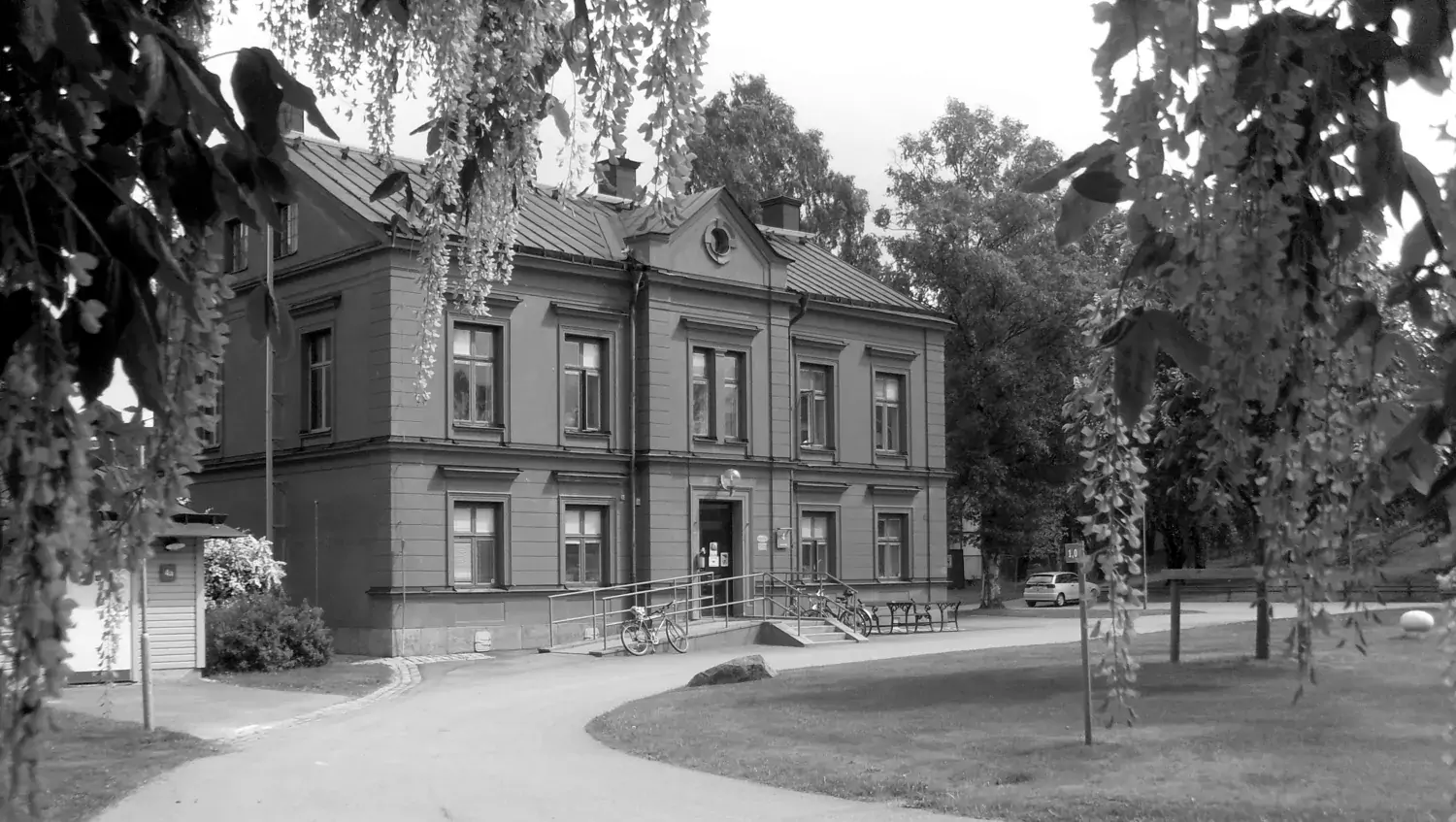
National Centre for Suicide Research and Prevention
Since 1993, the National centre for suicide research and prevention (NASP) has collaborated with the government, decision-makers in Region Stockholm, and residents to create an evidence-based knowledge foundation, foster development, and facilitate knowledge dissemination. Our mission is to reduce suicide and suicide attempts on local, regional and national levels. This is achieved through research, strategic public health work, education, and information dissemination.
Current highlights
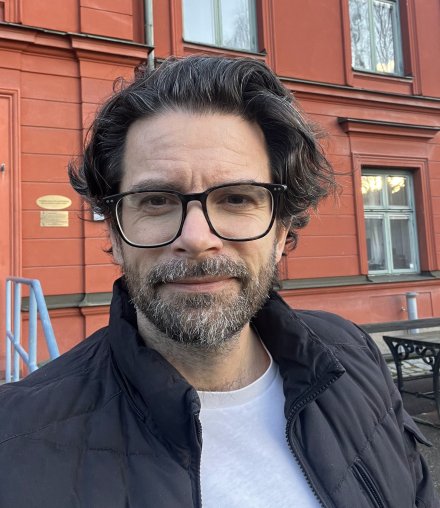
Gergö Hadlaczky joins Hope Illuminated
Listen as Gergö Hadlaczky, Associate Professor of Psychology and Adjunct Lecturer at KI, joins Dr. Sally Spencer-Thomas on the Hope Illuminated podcast. They discuss the critical role of time in suicide prevention.
Ep. 151: The Power of Time – Slowing Down to Save Lives in Suicide Prevention

Exploring the Psychological, Emotional and Behavioural Effects of Artificial Lighting
Are you interested in participating in research investigating how exposure to artificial lighting affects different psychological states, emotions and behaviours?
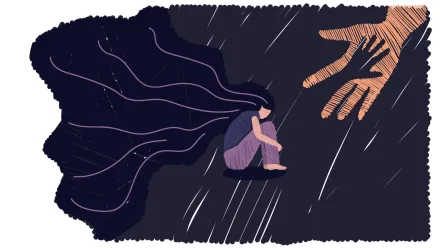
Tim Bergling Foundation funds digital training in suicide prevention among the young
A four-year grant from the Bergling Foundation will provide support to Karolinska Institutet’s digital training initiative to help medical students be better at identifying and responding to suicidal children and young adults. The aim of the project is to give prospective doctors the tools they need to deal with young people in the risk zone.

Screen habits among youth may increase depression levels through poor sleep
Young people with high screen time develop poorer sleep habits, which in turn can lead to increased levels of depression – especially among girls.
Among girls, 38–58 percent of future depression levels were explained by the fact that screen time first had a disruptive effect on their sleep. Among boys, screen time was directly linked to elevated depression levels the following year, regardless of how much sleep problems the screen time caused. The study has been published in PLOS Global Public Health.
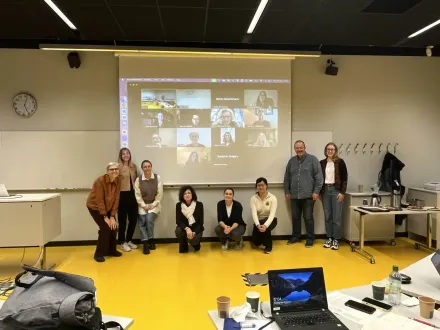
International Network for Transcultural Suicidology
International Network for Transcultural Suicidology was launched in 2023 by a group of researchers from Karolinska Institutet. The network is interdisciplinary and brings together participants from various professional groups who work with or encounter individuals with a migration background.
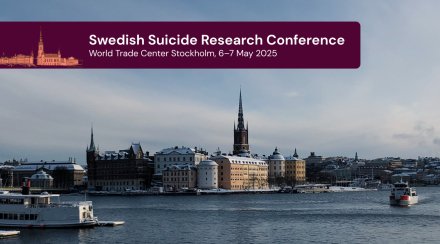
Swedish Suicide Research Conference
We would like to express our gratitude to all participants and presenters for your contributions to the successful execution of the very first edition of SSRC!

Emma Eliasson talks about POTION in Springer Nature Communities
Emma Eliasson, postdoctoral researcher at the National centre for suicide research and prevention (NASP), is featured in Springer Nature Communities to discuss POTION – Promoting Social Interaction through Emotional Body Odours – a research project that aims to explore whether chemosignals, that can be found in human sweat, in combination with a mindfulness treatment, can lower social anxiety.

Recommendations for suicide preventive interventions at a population level (RESPI)
RESPI is a tool that presents evidence-based interventions at a population level to decrease suicide. It also describes prerequisites that NASP consider are essential for effective suicide preventive work.
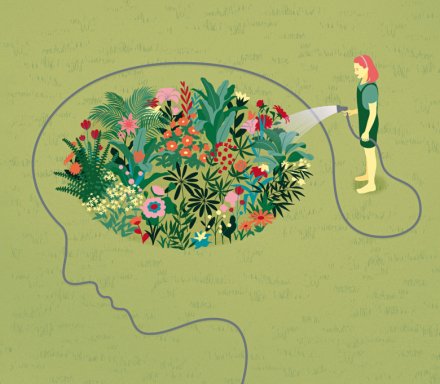
Hold on and hold out – save more people from suicide
Approximately 1,500 Swedes commit suicide each year. Although major efforts are being made to save more of those who see death as the only way out, much remains to be done.
